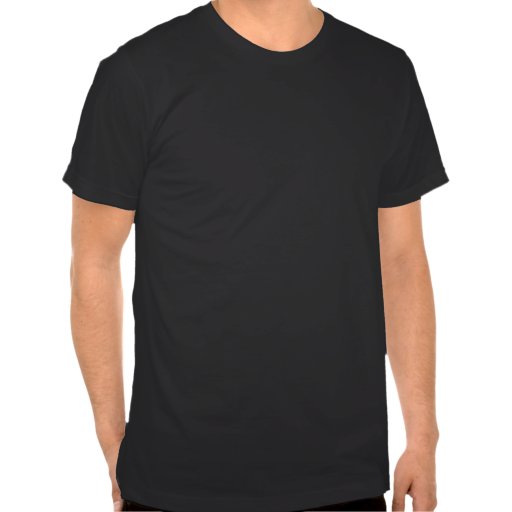New York in the 70s/80s
Well as long as they pay their taxes and rent on time, what ya gonna do? Plus there was a certain lax attitude towards it, like this is our fantastically shitty Times Square, how the fuck do ya like that tourist bastard?
This is a guess, but I think what Dinkins did was get rid of some of the worst offenders who were being a nuisance and also engineer demand for the real estate by enticing some businesses to come there and build stores or retrofit theaters.
Mind, there are plenty of people who lament Times Square's current tourist hellhole state (it makes Piccadilly Circus look cool and authentic) and wish it was a combat zone again.
Tubby Isaacs wrote: Times Square is incredible to me. Very much like Soho in London, with sex shops and porno theatres everywhere. Soho was tamed by Shirely Porter, who wasn't exactly Einstein. Why couldn't Koch or Beam at least get rid of the porno shops?
This is a guess, but I think what Dinkins did was get rid of some of the worst offenders who were being a nuisance and also engineer demand for the real estate by enticing some businesses to come there and build stores or retrofit theaters.
Mind, there are plenty of people who lament Times Square's current tourist hellhole state (it makes Piccadilly Circus look cool and authentic) and wish it was a combat zone again.




Comment